Addressing addiction and mental illness is critical for both the individual struggling and their surrounding community. Recognizing when to seek help for addiction is key to initiating recovery and preventing further harm. There are many warning signs that addiction and mental health professionals can identify. Seeking help for your problems is the best way to overcome them in a safe and effective way.
Some may feel uncomfortable asking for help, but once you overcome that obstacle, treatment options and health resources are available for all. Aliya Health Group operates a nationwide network of addiction and mental health treatment centers with skilled staff and effective programming. Our specialty tracks for unique communities like veterans and first responders or the Native American community offer an even more personalized approach to recovery.
At Aliya Health Group, we offer comprehensive and personalized treatment services to help our clients achieve long-term recovery from both of their co-occurring disorders. Our network of treatment locations across the country offers treatment programs that can help you brighten your future.
Knowing when to get help is one of the most important steps towards recovery. Seeking assistance should be considered when substance use begins to interfere with one’s daily life, relationships, work, and overall well-being. Seeking support from friends, family, and addiction professionals can provide the necessary guidance and resources to embark on the journey of recovery. Remember, reaching out for help is a sign of strength, and there are numerous effective treatments and support systems available to assist in overcoming addiction.
You can’t get better without acknowledging your problems and taking steps to overcome them. Aliya Health Group is here for you.
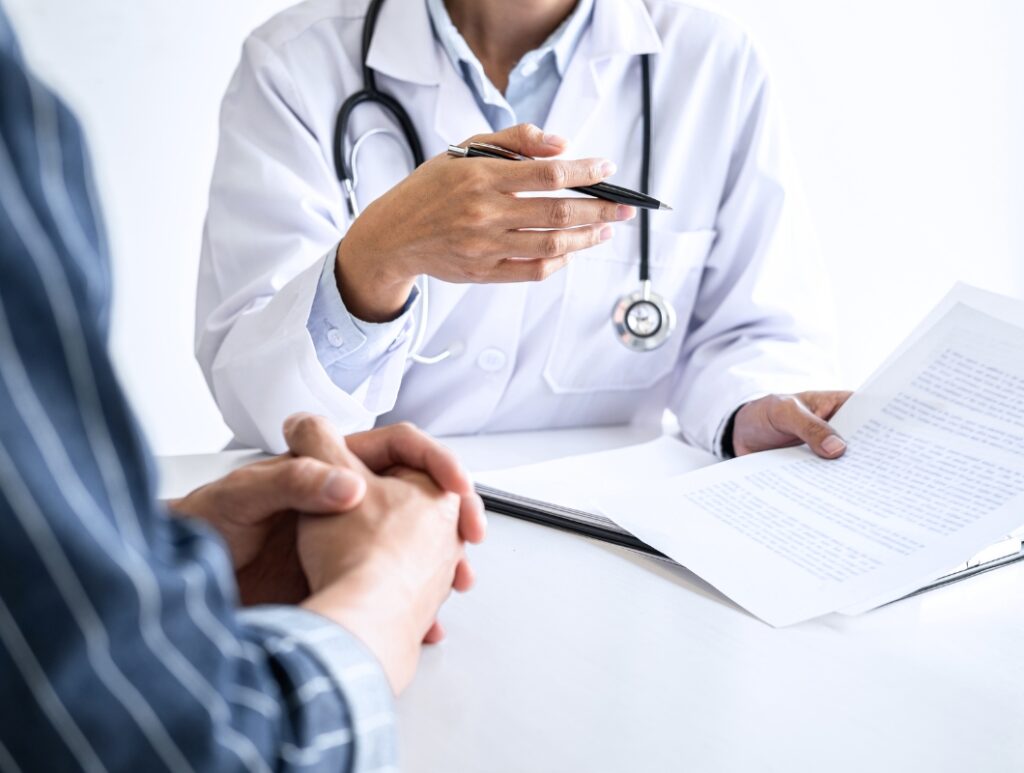

No one should have to wait to heal, which is why our specialists are available 24/7 to help guide you through the admissions process every step of the way.
Here is a list of signs that indicate it is time to seek help. It is important to note that someone can display few or none of these signs and still have a problem with drugs, alcohol, or mental health. That’s why it’s critical to get help from professionals.
Addiction can have wide-ranging impacts on various aspects of an individual’s life and health:
Addiction is a complex condition that affects each person differently, but the common thread is that it can deteriorate one’s quality of life. Seeking help is a crucial step toward recovery. It can involve therapy, medication, support groups, or a combination of these. The sooner help is sought, the better the chances for a successful recovery. If you or someone you know is struggling with addiction, reaching out to a healthcare provider, addiction specialist, or local support group is an important first step.
Addiction enslaves the mind and kills the body. It can lead to profound consequences not just for the individual but also for their family, friends, and society at large. Understanding these dangers can help underscore the importance of addressing addiction as a serious health issue.
Here is an overview of some of the physical dangers of addiction:
The mental and behavioral dangers of addiction are profound and multifaceted, impacting nearly every aspect of an individual’s life and well-being. Addiction, whether to substances like drugs and alcohol or behaviors such as gambling, can lead to significant mental health issues and behavioral disorders.
Here are some of the key mental and behavioral dangers associated with addiction:
The mental and behavioral dangers of addiction underscore the necessity of integrated treatment approaches that address both the substance use and the underlying mental health conditions. Effective treatment often includes a combination of therapy, medication, support groups, and lifestyle changes to help individuals recover and rebuild their lives.
Seeking help for addiction will improve your life immeasurably. It could help you repair relationships that have frayed due to your abuse, undo some of the damage to your health, lead to financial stability, and more.
Here are key reasons why getting help for addiction is essential:
Health Recovery and Longevity: Substance abuse can lead to serious health issues, including chronic diseases, organ damage, and increased risk of infections. By seeking help, you can halt the progression of these health issues, potentially reverse some of the damage, and improve your overall longevity and quality of life.
Mental Health Improvement: Addiction often coexists with mental health disorders such as depression, anxiety, and PTSD. Treatment can address both the addiction and the co-occurring mental health issues, providing a more comprehensive approach to recovery and enhancing your mental and emotional well-being.
Restoration of Relationships: Addiction strains relationships with family, friends, and colleagues. Recovery allows you to rebuild these relationships through improved communication, trust, and emotional connection. Healing these relationships can provide a support system that is crucial for long-term recovery.
Financial Stability: Addiction can lead to financial instability due to the costs associated with acquiring substances, loss of productivity, and potential legal issues. Getting help can put you on a path to financial recovery, helping you regain control over your finances and responsibilities.
Improved Quality of Life: Addiction can diminish your quality of life, limiting your ability to enjoy activities, pursue interests, and achieve goals. Recovery opens up the possibility to rediscover old passions, explore new interests, and achieve a fulfilling and balanced life.
Regaining Control: Addiction often leads to a feeling of loss of control over your life. Treatment and recovery can help you regain this control, making it possible to make choices not dominated by the need for substances or addictive behaviors.
Preventing Legal and Social Consequences: Substance abuse can result in legal issues, social stigma, and occupational problems. Seeking help can prevent these consequences or mitigate their severity, allowing for social rehabilitation and the possibility of a fresh start.
Personal Growth and Self-Discovery: The recovery process is also a journey of personal growth and self-discovery. It offers an opportunity to address underlying issues, develop new coping strategies, and build a sense of self-worth and identity beyond addiction.
Reducing Risk of Overdose: One of the most immediate benefits of seeking help is the reduced risk of overdose, which can be fatal. Treatment can provide a safer environment to detoxify and begin the recovery process under medical supervision.
Community and Support: Engaging in treatment and recovery programs connects you with others who understand your experiences and challenges. This community can offer invaluable support, understanding, and encouragement throughout the recovery journey.
Individuals seeking help for addiction have various options for support and treatment. They can start by consulting with healthcare professionals, such as primary care doctors, addiction specialists, or mental health providers. These professionals can offer assessments, treatment recommendations, and referrals to appropriate services. Additionally, community resources like addiction helplines, support groups, and rehabilitation centers can provide valuable assistance and guidance in the recovery journey. Seeking help is the first step towards achieving long-term sobriety and well-being.
When seeking help for addiction, individuals have access to various types of support and treatment. These options include individual therapy, group therapy, medication-assisted treatment, detoxification programs, and residential rehabilitation centers. Individual therapy provides personalized counseling to address underlying issues and develop coping strategies. Group therapy offers peer support and a sense of community. Medication-assisted treatment combines medications with therapy to manage cravings and withdrawal symptoms. Detox programs provide medical supervision during the withdrawal process, and residential centers offer intensive, structured treatment environments.
The different levels of care for addiction treatment cater to individuals’ varying needs and severity of addiction. These levels include outpatient treatment, intensive outpatient programs (IOPs), partial hospitalization programs (PHPs), residential or inpatient treatment, and long-term recovery support. Outpatient treatment offers flexibility for those with mild addiction, while PHPs and IOPs provide more structured support. Residential programs are suitable for severe cases, and long-term recovery support aids in maintaining sobriety and preventing relapse.
Before entering treatment for co-occurring substance abuse and mental illness, most people have a long list of questions about what it’s like to get help. To help you gain a better understanding of what to expect during treatment, we have compiled a list of our most frequently asked questions.
Yes, overcoming addiction is possible with the right support and treatment plan. Recovery is a journey that requires dedication and may involve setbacks, but many people successfully manage their addiction and lead fulfilling lives.
If you realize you have an addiction, the first step is to seek help from a healthcare professional, such as a doctor or addiction specialist, who can assess your situation and recommend appropriate treatment options.
Help for addiction is offered by a variety of professionals and organizations, including addiction specialists, psychologists, psychiatrists, support groups like Alcoholics Anonymous and Narcotics Anonymous, and treatment centers that provide inpatient and outpatient services.
The best addiction treatment varies depending on the individual’s needs, the substance or behavior they are addicted to, and the presence of any co-occurring mental health disorders. A combination of therapies, including behavioral therapies, medication-assisted treatment, and support groups, is often the most effective.
Addiction treatment is multifaceted, incorporating various therapies tailored to meet individual needs and address the complex nature of addiction. These therapies are designed to help individuals stop using substances, maintain sobriety, and rebuild their lives.
Here are some of the key therapies used in addiction treatment:
Cognitive Behavioral Therapy (CBT): CBT is a widely used therapy that focuses on identifying and changing negative thought patterns and behaviors. It helps individuals recognize triggers for substance use, develop coping strategies to deal with those triggers and implement positive behavioral changes to maintain sobriety.
Dialectical Behavior Therapy (DBT): DBT is a form of therapy that combines cognitive-behavioral techniques with mindfulness practices. It is particularly effective for individuals with substance use disorders and emotional dysregulation, teaching skills in distress tolerance, emotional regulation, mindfulness, and interpersonal effectiveness.
Motivational Interviewing (MI): MI is a counseling approach that helps individuals resolve ambivalence toward change and strengthen their motivation for recovery. It is client-centered and explores the person’s reasons for wanting to change, enhancing their motivation to adjust their behavior.
Contingency Management (CM): CM is a behavioral therapy that provides tangible rewards for positive behaviors such as abstinence. This approach is based on the principle of operant conditioning, reinforcing sobriety by offering incentives for maintaining drug-free urine tests or attending treatment sessions.
12-Step Facilitation Therapy: This therapy is based on the principles of 12-step programs like Alcoholics Anonymous (AA) and Narcotics Anonymous (NA). It encourages participation in these peer support groups as part of a comprehensive approach to recovery, emphasizing the importance of social support, accountability, and spiritual growth.
Family Therapy: Substance abuse affects not just the individual but the entire family. Family therapy involves family members in the treatment process, addressing the dynamics that may contribute to substance use and helping to heal relationships. It focuses on improving communication, resolving conflicts, and building a supportive home environment.
Medication-Assisted Treatment (MAT): MAT combines behavioral therapy and counseling with medications to treat substance use disorders. It’s particularly used for opioid, alcohol, and nicotine addiction, with medications that help manage withdrawal symptoms, reduce cravings, and prevent relapse.
Mindfulness-Based Relapse Prevention (MBRP): MBRP integrates mindfulness practices with traditional relapse prevention strategies. It teaches individuals to be present in the moment, recognize and accept their thoughts and feelings without judgment, and respond to triggers in a healthy way.
Eye Movement Desensitization and Reprocessing (EMDR): Originally developed for PTSD, EMDR is increasingly used in addiction treatment. It helps individuals process and integrate traumatic memories, which are often linked to substance use, reducing the emotional distress associated with these memories.
Group Therapy: Group therapy provides a supportive environment where individuals can share experiences, learn from each other, and develop social skills. It helps reduce feelings of isolation, fosters a sense of community, and allows individuals to practice interpersonal and coping skills in a safe setting.
"*" indicates required fields
If you or your loved one are looking for help for addiction, Aliya Health Group offers a full continuum of care to support you. We provide various treatment options, including inpatient, outpatient, and intensive outpatient programs, along with cognitive behavioral therapy, group therapy, and individual therapy as necessary. Working closely with our addiction experts, you’ll be able to determine the treatment program that’s right for you.
We accept most major health insurance providers on both a national and local level. We currently work with the following insurance plans:














Our rehab centers do accept most major insurance providers. Your plan may cover all or part of treatment. There are also other different payment options for rehab depending on your circumstances. For instance, rehab payment plans are often available for those who need financial assistance. Likewise, there are state-funded rehabs and free rehabs located across the nation, and most inpatient treatment facilities accept private payments.
Our admissions team is happy to discuss this option with you and create an estimate of costs based on your treatment plan. Please call us now at 888-973-2078 to learn more about your payment options for rehab.
You can find further assistance by accessing some or all of the following addiction treatment and recovery resources:
“I highly recommend this facility for anyone needing treatment. The staff isn’t just nice and genuine there but instead one big family. Whether it’s the owner, housing manager, or a bht you get the best down to earth genuine care. The material they teach in group is very helpful also.”
Aliya Health Group understands the importance of accessible, quality care which is why we strive to provide it to everyone, no matter where they live. As such, we have rehab facilities spread across the United States. If you or a loved one is seeking help with substance abuse, we encourage you to reach out to any of our addiction treatment center locations in Arizona, California, Colorado, Illinois, Nevada, New Jersey, and Washington State.
Situated in cities across the United States, Aliya Health Group offers comprehensive substance abuse treatment to help clients begin their journey to long-lasting recovery.
Our treatment center locations include:
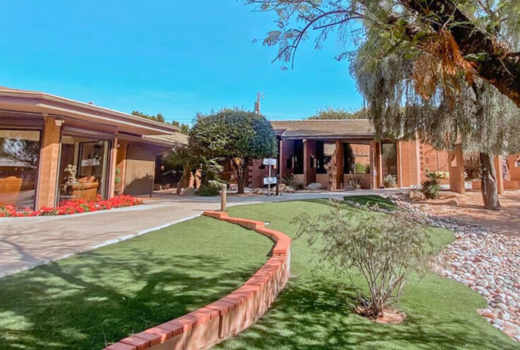

4122 North 17th Street
Phoenix, AZ 85016
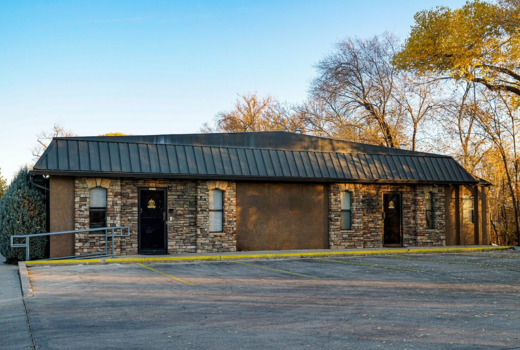

831 Gail Gardner Way
Prescott, AZ 86301
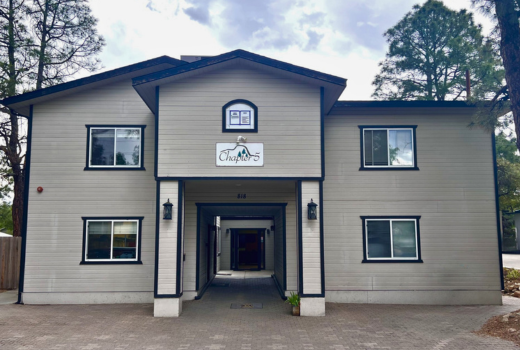

818 W Gurley Street
Prescott, AZ 86305
Residential Treatment, IOP, OP, Sober Living | Male Only Programming
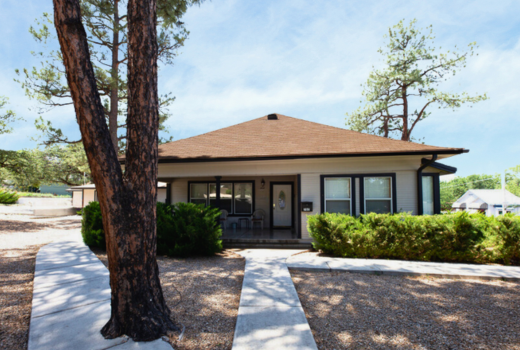

707 W Gurley Street
Prescott, AZ 86305
Residential Treatment, IOP, OP, Sober Living | Female Only Programming
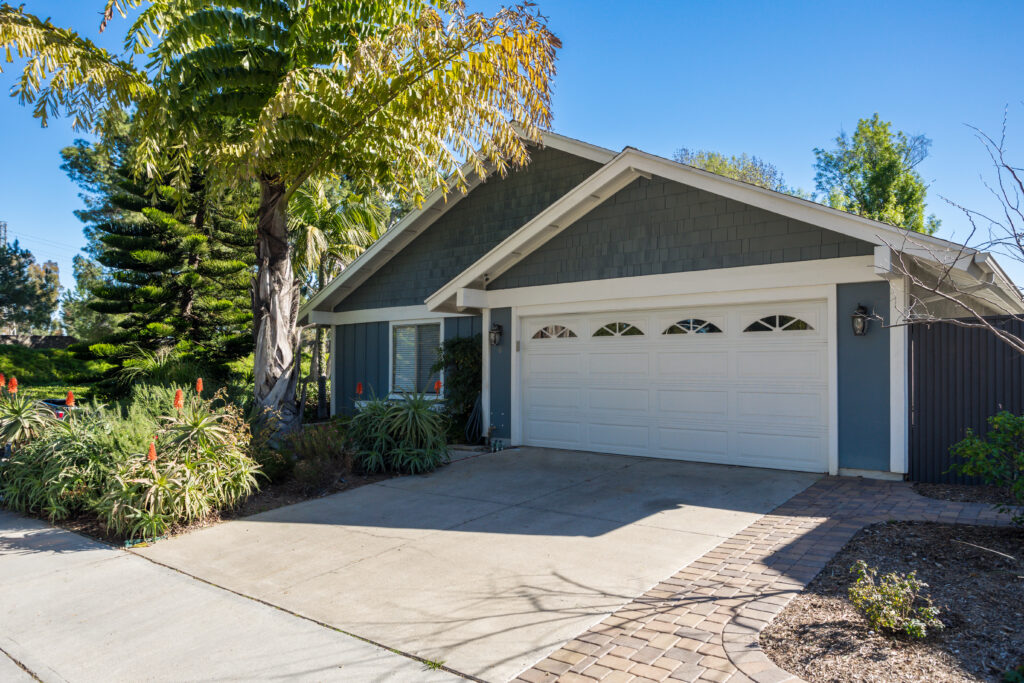

6 Banyan Tree Drive
Irvine, CA 92612
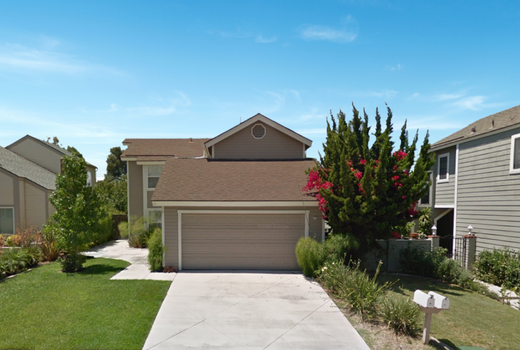

51 Cape Cod
Irvine, CA 92620
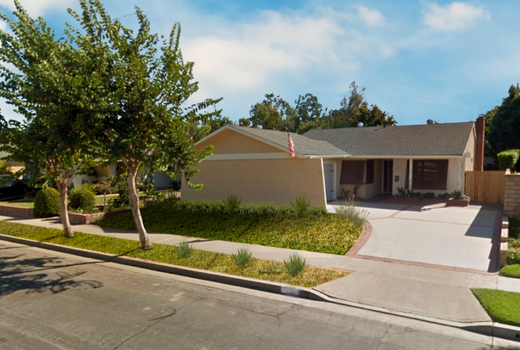

559 Pierpont Drive
Costa Mesa, CA 92626
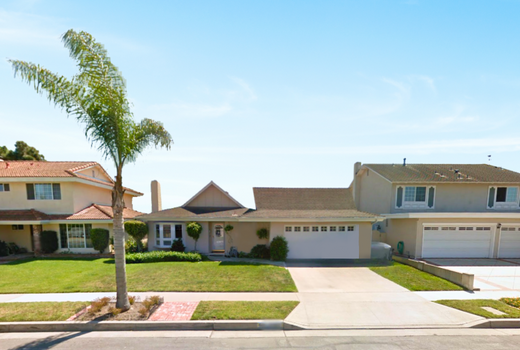

5302 Kenilworth Drive
Huntington Beach
CA 92649


4960 Vanalden Ave
Tarzana, CA 91356


22766 Saddle Peak Rd
Topanga, CA 90290


7212 Birdview Ave
Malibu, CA 90265
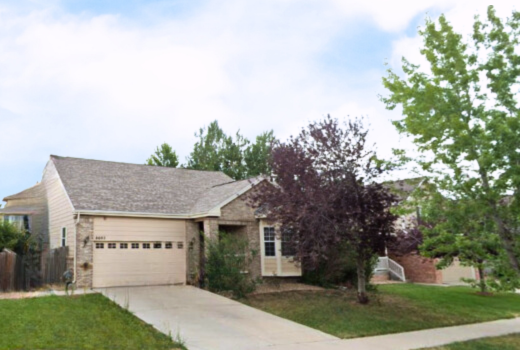

2602 S. Ensenada Way
Aurora, CO 80013
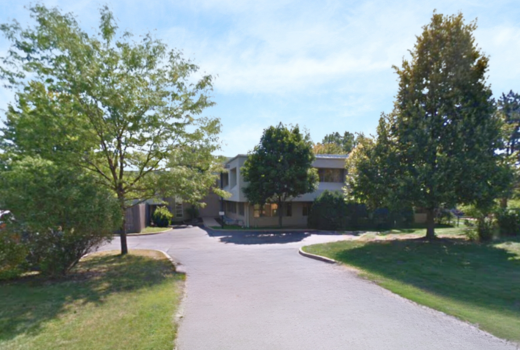

411 W River Rd
Elgin, IL 60123
Detox, Residential, PHP, IOP, & OP | LGBTQIA & Trauma-Informed Care
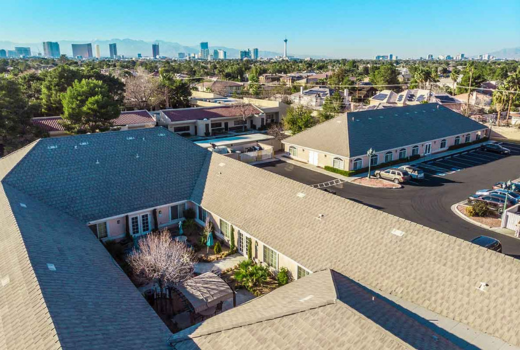

4011 McLeod Drive
Las Vegas, NV 89121
Detox, Residential, PHP, IOP, & OP | Chronic Pain Track & Veterans Program
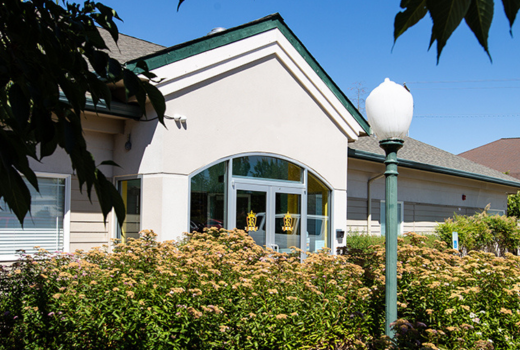

8649 Martin Way SE
Lacey, WA 98516
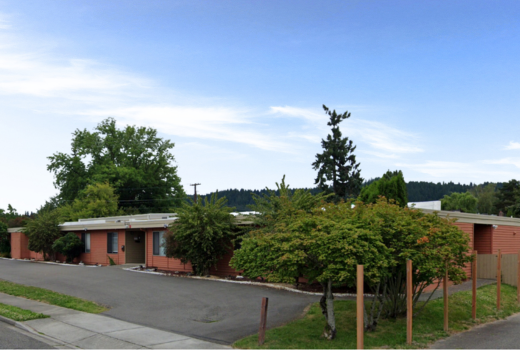

1723 Bonney Ave
Sumner, WA 98390
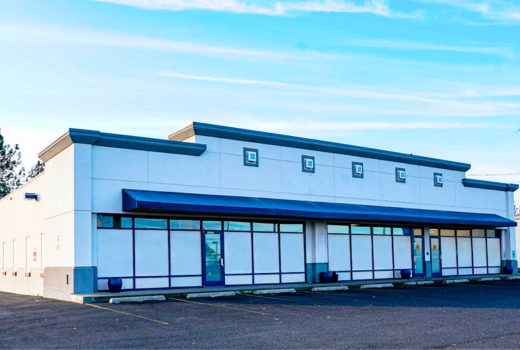

524 E Francis Ave
Spokane, WA 99208
We’re here to answer any of your questions about inpatient treatment options near you.
Give us a call today at 888-973-2078.
"*" indicates required fields
For Immediate Help Call: 888-973-2078
Aliya Health Group is a comprehensive network of addiction and mental health treatment centers, with locations spanning nationwide.
We are driven by our commitment to empower individuals, families, and the community by providing education, tools, and support, to help them lead healthy, fulfilling lives in recovery.
Our admissions team is available 24 hours a day, 7 days a week, 365 days a year.













